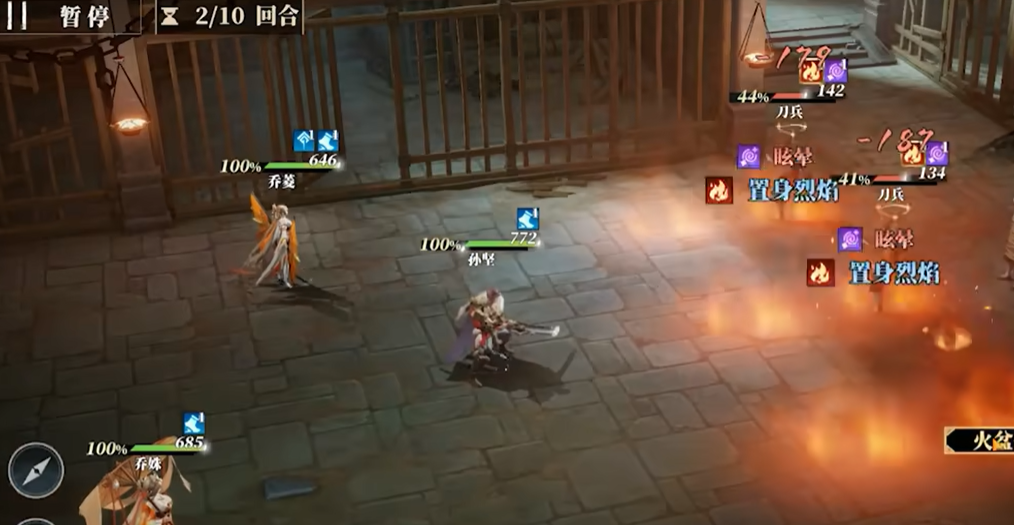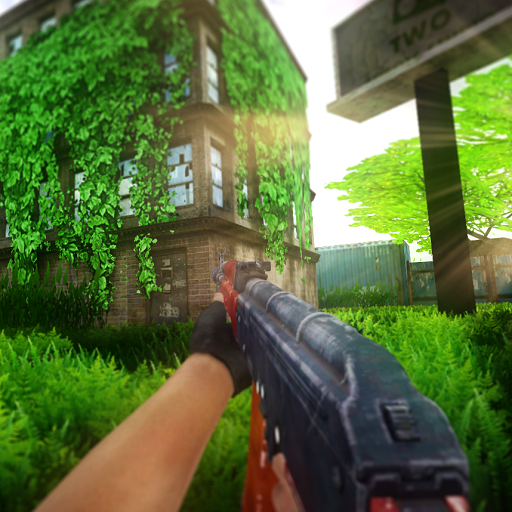In the open-world sandbox survival game Rust Mobile, it's common to use a microphone for communication. So, how do you turn on the microphone in Rust Mobile? Some players, accustomed to the PC version, may not know how to operate it in the mobile version. At first glance, there doesn't seem to be an option for a microphone on the interface. Below, we'll share the method to enable the microphone in Rust Mobile; after reading, you will understand how to operate it.
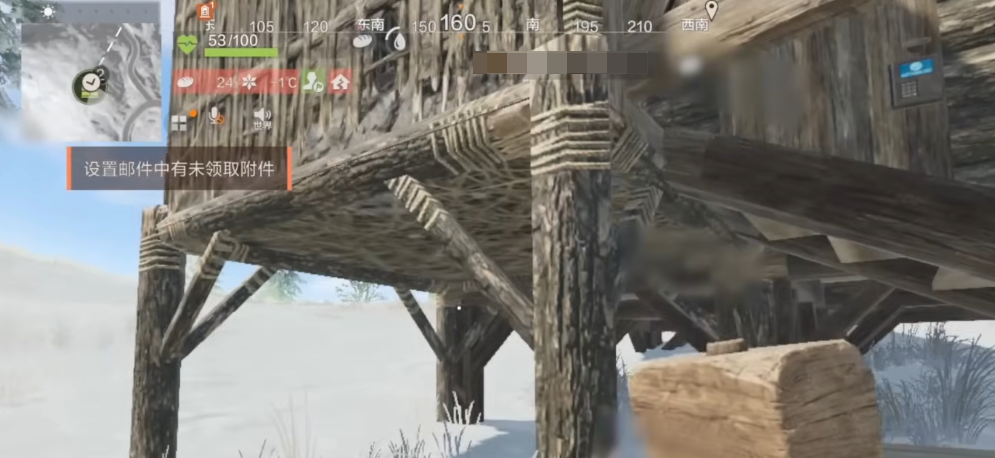
First, when you install and start the game client, it will ask for permission to access your device's microphone and speakers. Remember to agree at this point, as this is necessary for smooth voice communication. Otherwise, you won't be able to receive voice messages from teammates or other players.
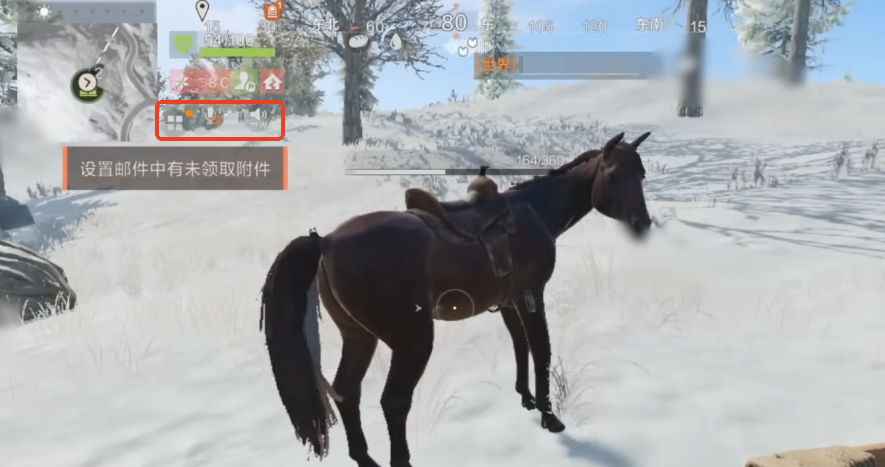
Then, as shown in the picture, below the character status bar, there is an icon of a microphone, and to its right, there is an icon of a small speaker. By default, the microphone is turned off and can be manually adjusted only when you need to speak. Of course, players can also set the microphone to always be on and choose whether the microphone is directed towards teammates or everyone currently present.
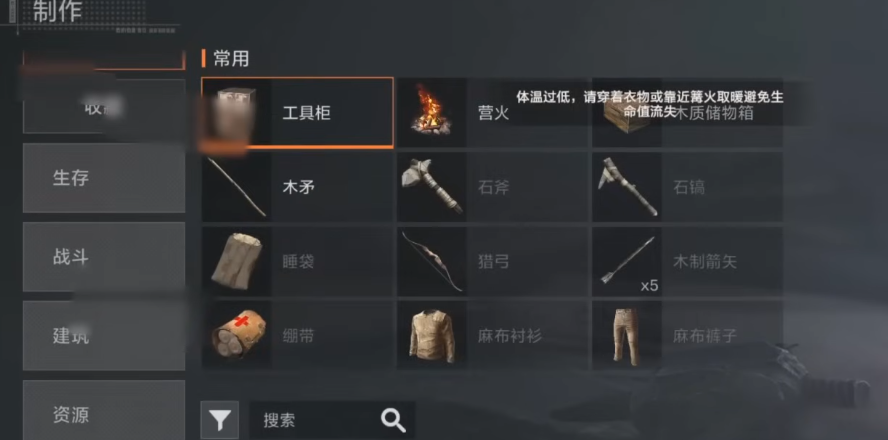
Most of the time, if you are a solo player, you can keep the microphone off here, turning it on to speak to nearby people only when you encounter others and need to communicate. For the sound settings, it's recommended to set it to "World" by default to avoid missing any important information.
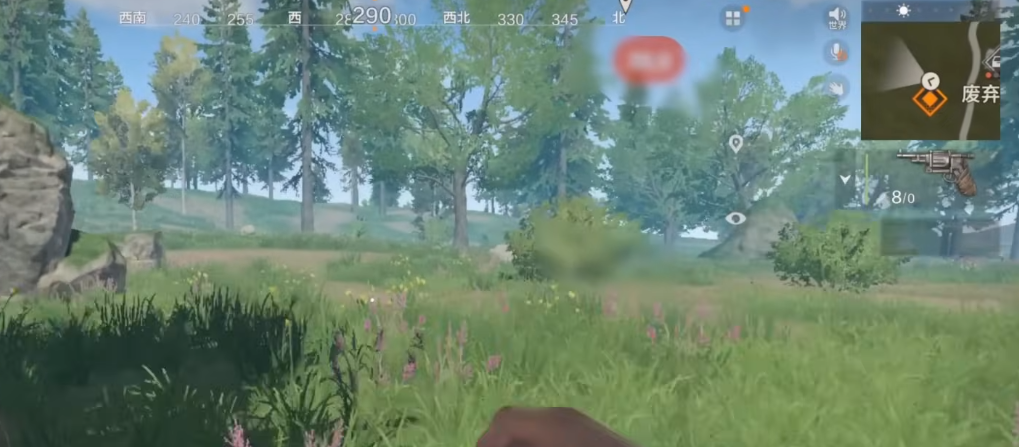
Voice communication is very common in highly competitive games like this. If you have friends playing with you, then using a microphone becomes even more normal. After all, typing on a phone is relatively slow, while speaking is much faster. Of course, for those who don't prefer voice communication, they can utilize the speech-to-text feature, which many such games now include.

After reading the introduction above, I believe everyone now understands how to turn on the microphone in Rust Mobile. Voice communication is extremely important in these sandbox survival games, as the situation on the field can change rapidly. Stopping to type can give opponents an advantage, so direct verbal communication is better.

